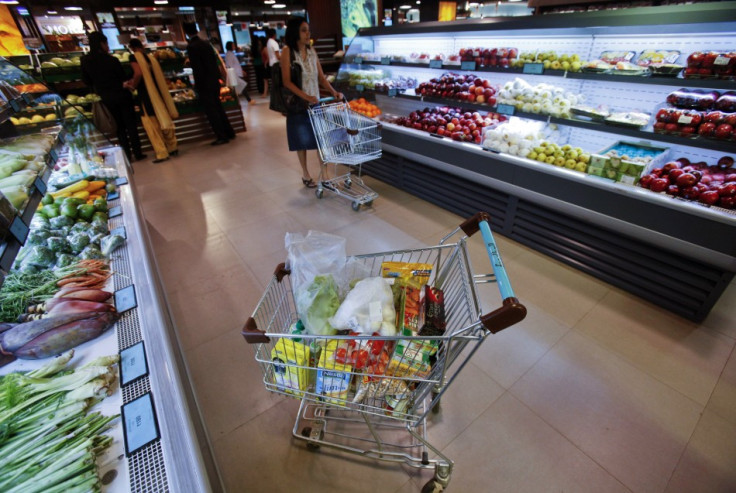South Korea inflation at 15-year low; Will BoK welcome 2015 with a rate cut?

South Korea's annual inflation rate fell to a level below 1% for the first time in 15 years dragged by falling fresh food prices and industrial goods prices, data showed on 31 December.
South Korea's consumer price inflation was 0.8% from a year earlier in December, down from 1% in November and 1.2% in October. It is the lowest rate since September of 1999.
The data also underpins expectations of further rate cuts by the Bank of Korea, in turn boosting local businesses and thereby inflows to the share markets.
The BoK had left its policy rate unchanged at 2% in the 11 December meeting saying it expects global economic growth to sustain upward momentum and domestic inflation to rise going forward. The central bank had cut the benchmark interest rate twice in 2014 each time by a margin of 25 basis points.
"Looking ahead, the Committee forecasts that inflation will gradually rise, after remaining at a low level for a considerable time influenced for example by declines in international oil prices," the BoK said on 11 December.
The Korean won rallied as much as 1.3% on Wednesday weighed down by the 0.5% decline in the dollar index from its multi-year high of 90.66 touched on Tuesday.
However, by 4:55 GMT, USD/KRW rebounded to 1091.90 from the day's low of 1086.20, and at the high of the pair, the won was 0.79% down on the day.
Year-on-year, cost of fresh food dropped 2.8% and prices of industrial goods decreased 0.6%, detail showed. The rate, however, was supported by upward pressures from prices of agricultural, livestock and fisheries products (up 1%) and services (1.6%).
On a monthly basis, consumer prices were flat in December, following a 0.2% fall in the previous month.
Annual core inflation rate was recorded at 1.6%, unchanged from November.
© Copyright IBTimes 2025. All rights reserved.






















